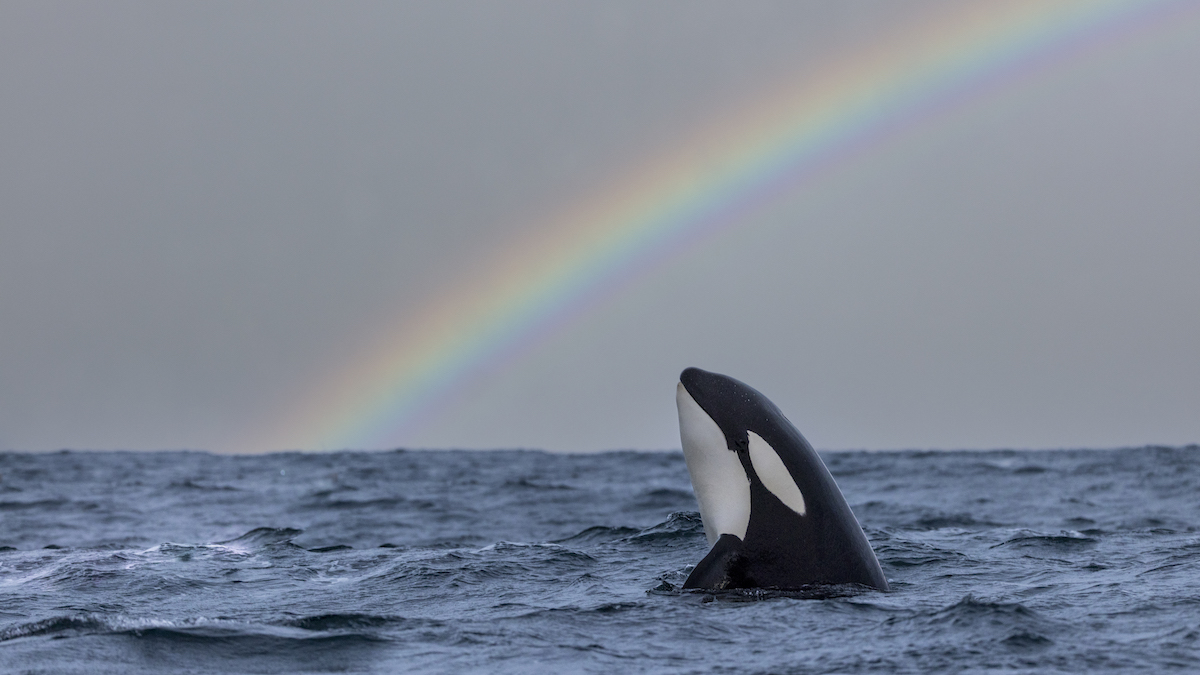

You’ve seen it in the news (and here on Outdoors.com): Orcas are attacking boats. They’ve even sunk a few of them. And yet, marine biologists are saying we shouldn’t be so quick to paint orcas with a broad brush; they’re not out to hurt people, and they’re not monsters.
Videos by Outdoors
There are some wild theories as to why orcas appear to be targeting vessels, including the vendetta of one matriarch called White Gladis that was struck by a boat. Another theory is that the orcas are just messing around, because it’s their nature to be playful and to copy each other’s behaviors. To help cut through the noise and the sensational headlines, we went straight to the experts.
Notes from Bec Wellard, Orca Scientist
Dr. Bec Wellard, a research scientist with the Centre for Marine Science and Technology at Western Australia’s Curtin University and the founder and head of research for Project ORCA, says the truth is, even orca scientists don’t know for sure why these animals are ramming boats. They can, however, speculate.
“Killer whales are incredibly intelligent, exhibit culture, and show learned behavior,” Wellard says. “In this instance, social learning may have occurred, where it started with either one or a few individual orcas exhibiting this type of interaction with boats and has now spread to others.”
In Wellard’s opinion, this isn’t malicious or vengeful behavior, where one animal is seeking revenge after a traumatic interaction with a vessel. Rather, this behavior may have originated from orcas’ inquisitive or playful nature.
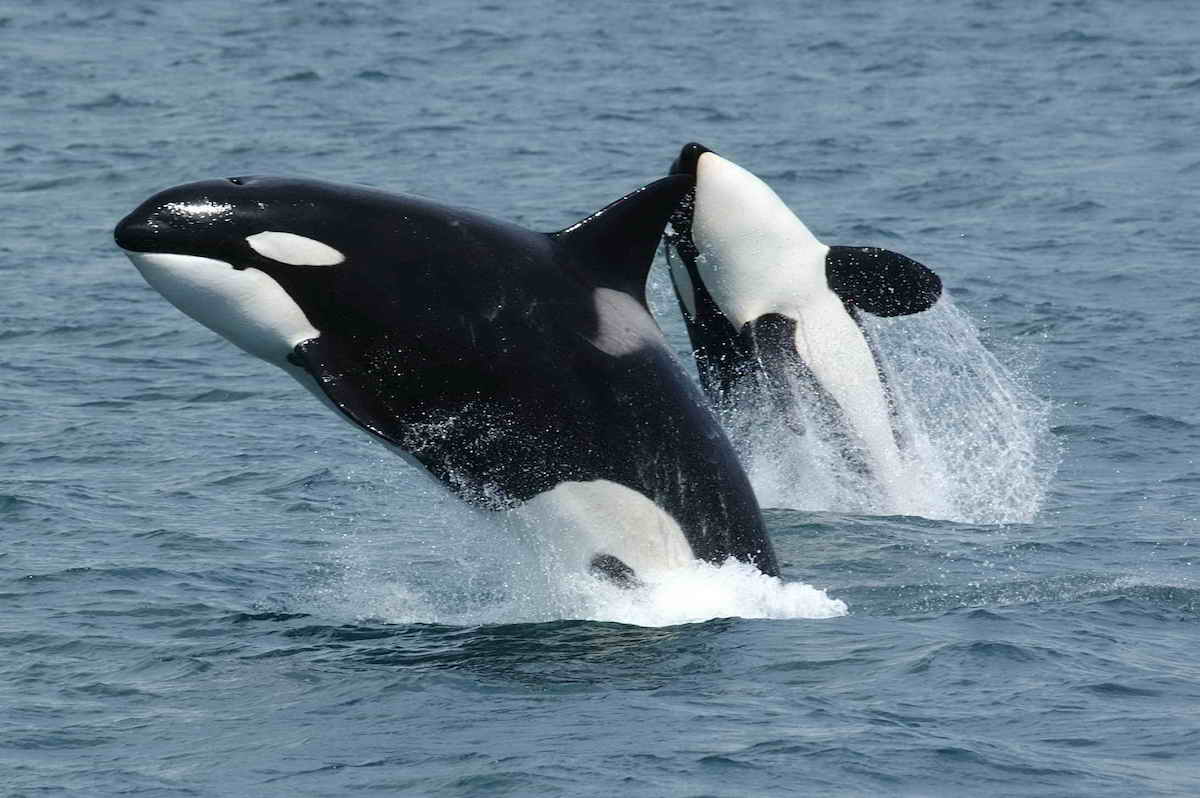
“These animals are attracted to these vessels for their free feed and are very comfortable around the propellers and hull of the vessels. This familiarity with vessels and their inquisitive nature, as well as the high number of juveniles being recorded doing this behavior, may lead us to explore other options rather than revenge.”
Dr. Bec Wellard, orca scientist
“We also need to consider previous interactions these animals have had with vessels, in particular, fishing vessels,” Wellard adds. “In the Strait of Gibraltar, killer whales have been observed depredating tuna on long-liners. I’ve worked with killer whales off Chile and Australia who take fish off long lines before the fishermen can bring them onboard. These animals are attracted to these vessels for their free feed and are very comfortable around the propellers and hull of the vessels. This familiarity with vessels and their inquisitive nature, as well as the high number of juveniles being recorded doing this behavior, may lead us to explore other options rather than revenge.”
Young orcas in particular are extremely playful, and orcas approaching boats is not a new phenomenon.
“I’ve been lucky enough to have many special encounters with orca whilst I’ve researched them for the past decade — one close boat encounter with a calf springs to mind,” Wellard says. “We had stopped the boat so I could drop the hydrophone off the stern to record the approaching orca, and a calf pulled up right near the boat engine and propeller and continuously spy-hopped about 10 times in the same spot to look at me, time and time again. I’ll never forget the curiosity this animal showed.”
As to whether an orca like White Gladis could hold a grudge, Wellard says it’s not likely. “It is not impossible that orcas may perceive humans as a threat and react to this with aggression, but it is also entirely possible they have no such concept,” she explains.
Humans definitely should not fear orcas, according to this orca expert. “They are incredible animals, and we are lucky to be able to encounter them out in the wild,” Wellard says. “This small sub-population of killer whales in the Strait of Gibraltar is considered critically endangered on the IUCN Red List and depends heavily on an endangered species of prey, the Atlantic bluefin tuna. They need a greater understanding and more action towards a collaborative effort between governments, scientists, and mariners to avoid any future harm to them, humans, and boats.”
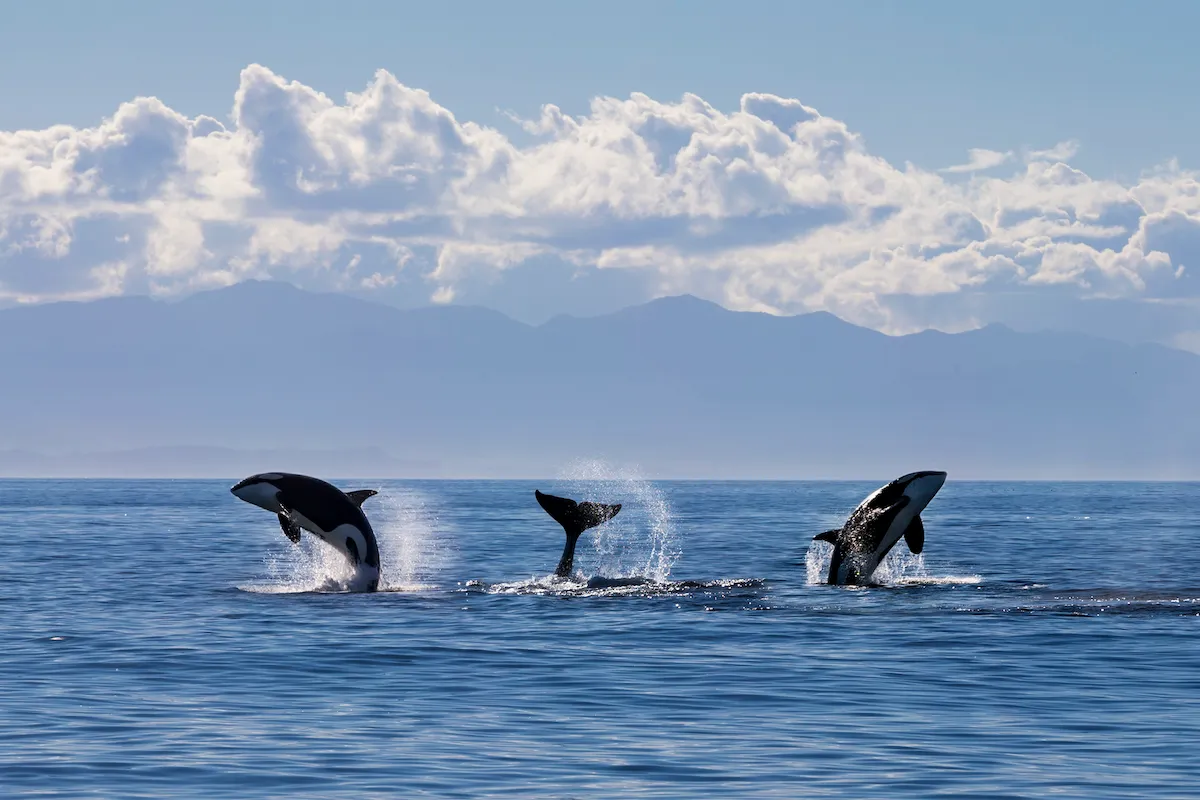
Notes from Katie Surrey, Human-Wildlife Interaction Specialist
Katie Surrey, a PhD candidate in the Conservation Innovation Lab at Arizona State University, who studies human-wildlife interactions, similarly stresses that orcas are extremely smart, resourceful, and innovative.
“I personally believe that [White Gladis] may have learned a method or trick that caused damage to the vessel during her encounter, which either resulted in relief from the stress she was under or was viewed as entertaining or fun for her,” Surrey explains. “An activity like this is probably self-reinforcing, [meaning] there is something fun or enjoyable for the whales that means they will keep doing it until it gets boring. Subsequently, other whales have learned this behavior but not necessarily the original intention behind it. In the same way that cultural trends/words often make their way through human society but the original meaning behind it has been lost or diluted.”
Like Wellard, Surrey does not think this behavior is a sign of pure aggression. “Orcas have the potential to do significantly more damage to the boats than they are currently, and they seem to be fixating all of their attention on a specific part of the boat: the rudder,” she says. “And once the boat stops moving or they have disengaged the rudder sufficiently, they tend to leave almost immediately. Comparably, if they had some ulterior motive of destroying the boat entirely, that likely wouldn’t be the case.”
“In regards to the exaggerated media rhetoric about ‘whales seeking retribution’ or ‘animal uprising,’ I would say definitely not.”
Katie Surrey, human-wildlife interaction specialist
Surrey thinks it’s important not to aggrandize this behavior. “In regards to the exaggerated media rhetoric about ‘whales seeking retribution’ or ‘animal uprising,’ I would say definitely not,” adds Surrey. “I actually worry these types of stories and headlines will inevitably cause more problems, since it has the high potential to galvanize people to be unnecessarily aggressive towards whales in the name of self-defense. While I imagine the experience of having your boat attacked by a whale is extremely terrifying, I doubt the boat owners themselves would admit they are going to give up sailing or using their boats at all. Just like any wild species, especially a top carnivore with high intelligence, I think everyone should exercise healthy caution, and yes fear to the extent that we should have for all nature — they are animals and thus, from our perspective, unpredictable. They are giant predators that are clearly capable of doing intense damage. But I do not think we need to fear that they are ‘coming to get us.’”
Surrey says in general, while there is no harm in people sharing space with a wild animal, humans don’t always sufficiently respect wild animals’ right to space and privacy. She concludes: “It is inevitable that we will continue to see more unprecedented interactions between humans and wildlife like this as resources on this planet, such as space, become more limited. And that means we need to ensure that we continue to see animals as fellow beings that have equal rights to these resources and not as competitors.”
Why do you think orcas are attacking vessels? Tell us in the comments.
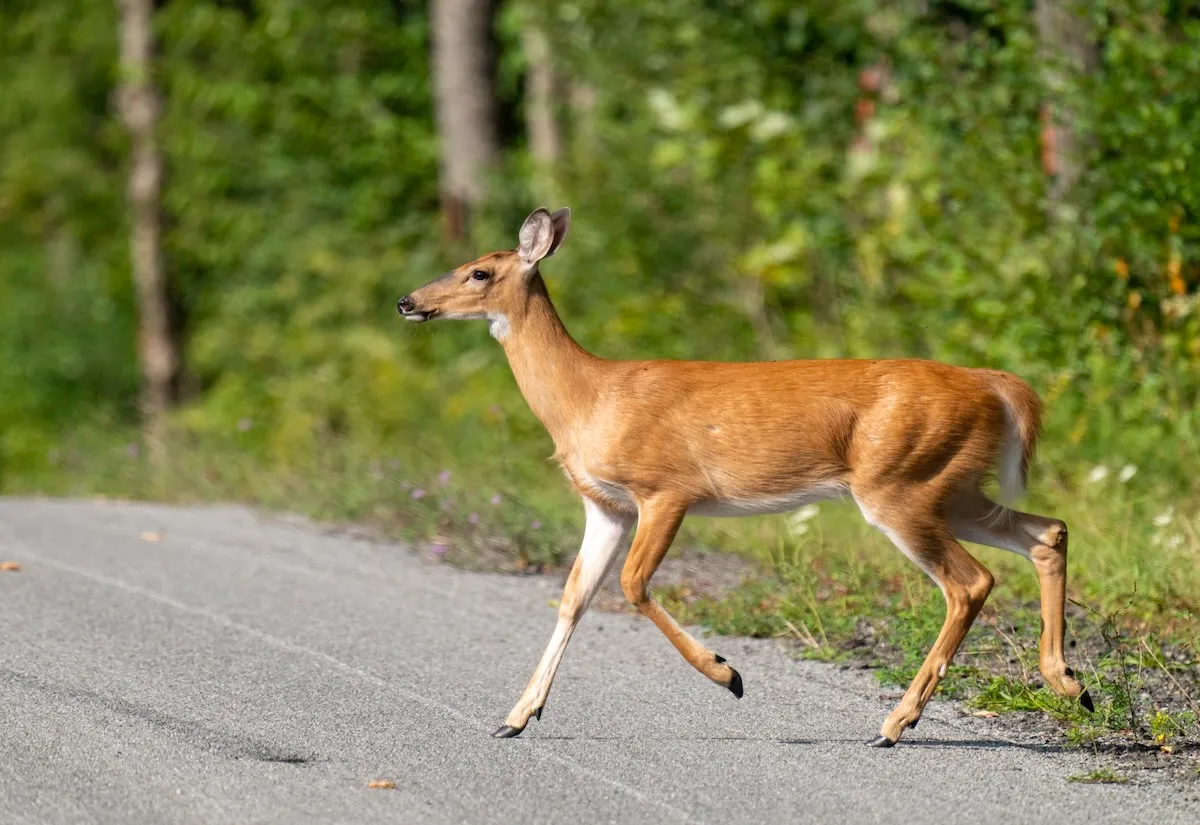

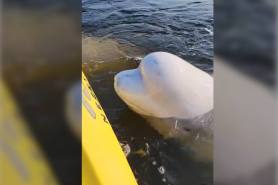
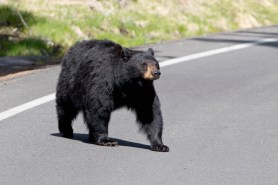
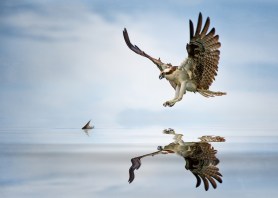
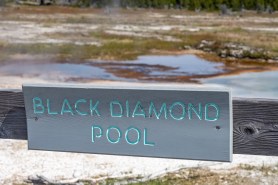
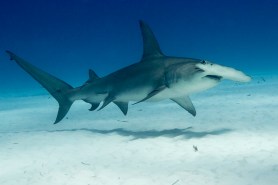
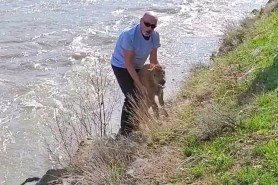
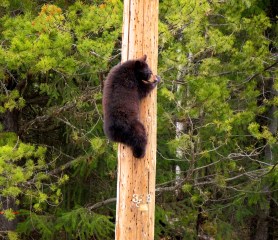

Pingback: Spectacular Photos Show Insane Close-ups of Killer Whales | extremesportsadventures.com
Pingback: Wildlife should always be treated with caution and respect - KE News Portal